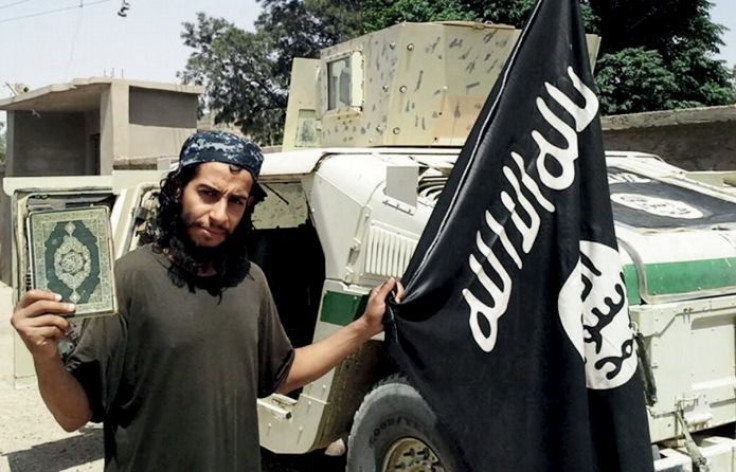After Paris Attack, Middle Class Jihadists Debunking Myth That All Islamic Extremists Are Poor And Disenfranchised

Abdelhamid Abaaoud, the 27-year-old Belgian man who authorities said masterminded the Nov. 13 terror attacks in Paris, is helping to debunk a stereotype that young jihadis leaving their Western homes to join militants of the Islamic State are angry, impoverished societal outcasts. Abaaoud is from an area of Brussels that has a strong middle class, booming commercial districts and a gentrifying “hipster” crowd, according to the Atlantic.
Officials’ focus on Abaaoud emphasizes how many Western nations, mostly those in Europe, have an oversized role in the spread of Islamic radicalization among their well-established Muslim and immigrant communities. Countries such as Belgium, Britain and France have provided a steady flow of militants to the Islamic State in Syria and Iraq, presenting a challenge for authorities looking to prevent domestic attacks and weaken the Middle Eastern caliphate.
Part of the problem is that these young jihadis leaving to join the Islamic State fight, and carrying valid passports that would allow safe passage back home, feel oppressed by Western culture that struggles to integrate Muslims. Men traveling to Syria to answer the call to jihad last year told CNN that practicing Islam was harder in their home countries.
"I'm from the south of England. I grew up in a middle class family," said Abu Anwar of Britain, who was 25 when he was interviewed by CNN. "Life was easy back home. I had a life. I had a car. But the thing is: You cannot practice Islam back home. We see all around us evil. We see pedophiles. We see homosexuality. We see crime. We see rape."
Governments have also struggled to keep track of how many are being radicalized and how many are leaving to join groups in the Middle East. In October, Pieter Van Ostaeyen, an independent researcher, estimated that 516 Belgians had fought in Iraq or Syria, a number higher than the government’s figures, according to the Atlantic.
Shiraz Maher, a senior research fellow at the International Center for the Study of Radicalization, has monitored 700 of the 20,000 foreign fighters from 90 countries who joined the Islamic State, the New York Times reported in April. Approximately 4,000 are from Western nations, 600 to 700 of them from Britain.
© Copyright IBTimes 2024. All rights reserved.












